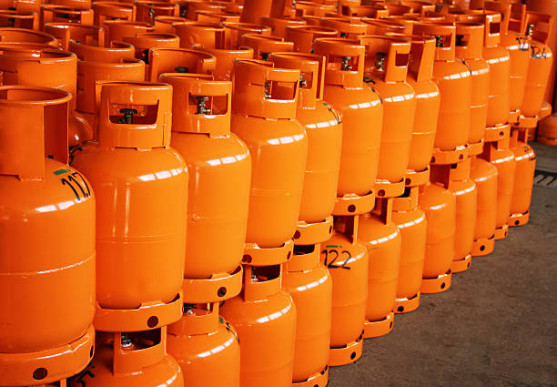- 4030
- 0
Sharing Ideas and Updates on LPG in Nigeria and related information to enable effective collaboration within the LPG Value Chain
LPGAR Calls For Increased Local LPG Production To Mitigate Price Escalation

The Liquefied Petroleum Gas Retailers (LPGAR) have suggested to the Federal Government the need for establishing additional local LPG production facilities and streamlining storage and transportation processes to counteract the rise in prices. It's worth noting that LPG in Nigeria forecasts had already anticipated an increase in gas prices and elucidated the underlying factors contributing to this phenomenon. Evidently, the prognostication has materialized into reality. Mr. Ayobami Olarinoye, serving as the Branch National Chairman of LPGAR, conveyed these observations during an interview with the News Agency of Nigeria (NAN) in Lagos on Friday, 11th of August, drawing attention to the ongoing upsurge in cooking gas prices.
Olarinoye acknowledged that the price of cooking gas has risen consistently over the past four weeks, but retailers have largely shouldered the burden, thus preventing a significant impact on retail prices. He attributed the recent price hikes, as well as anticipated future increases, to the depreciation of the Nigerian Naira and the customary rise in international LPG prices during this period.
Highlighting Nigeria's dependency on imported LPG, Olarinoye noted that the country's pricing is tied to the international market, governed by factors such as the international LPG price and the US dollar exchange rate. He commended the efforts of Nigeria Liquefied Natural Gas (NLNG) but emphasized the importance of diversifying LPG supply sources.
Olarinoye recommended that major players in the industry should consider establishing LPG production plants, enhancing availability within the local market. He proposed that the government collaborate with NLNG and potential producers to domesticate pricing, potentially rendering the product more affordable for consumers.
Given the challenging economic context, Olarinoye underscored the critical nature of the current situation. He highlighted the rise in prices of essential commodities, including food, and suggested that by closely cooperating with NLNG and LPG importers and offering incentives, the government could alleviate the financial strain on citizens during this trying period.
Moreover, Olarinoye proposed that NLNG explore the possibility of re-calibrating its LPG pricing approach to enhance local supply. He noted that the cost of gas, which had traditionally ranged between N500 and N600 per kilogram, has now surged to between N800 and N900 per kilogram in Lagos and Ogun states.
In summary, the LPGAR's recommendations to establish local production facilities and regulate pricing mechanisms, along with cooperation from NLNG and potential LPG producers, hold promise for stabilizing cooking gas prices and ensuring greater affordability for Nigerians, especially in the face of the ongoing economic challenges.
Source : Nigerian Tribune.
















0 Comment.